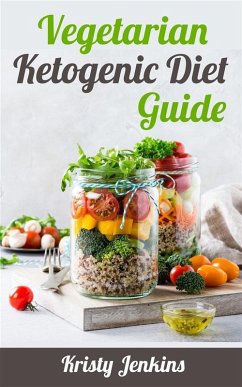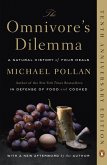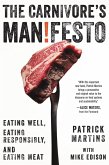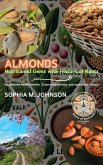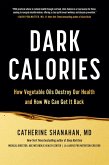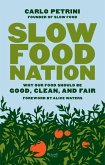Can You Incorporate Vegan Eating Into Your Present Diet A vegan diet is a type of vegetarian diet, in which only plant based foods are consumed and all animal products and byproducts (butter, milk) are excluded. This makes a vegan diet distinctly different from other forms of vegetarianism, which allow the consumption on some animal products, most commonly dairy, and eggs. These days increasing numbers of people are turning to vegan diets than ever before, however their motivation to embrace such a lifestyle can often vary, with common reasons for adopting a vegan diet including concerns about animal rights, religious requirements and the environmental sustainability of meat and dairy production. When adopting a vegan lifestyle it is important to do your research to ensure that you are obtaining all the essential nutrients your body requires to be healthy. Poorly planned vegan diets can quickly result in nutritional deficiencies that in the short term will result in you feeling fatigued and lethargic and in the long term can have some serious consequences to your health. There are many foods which are able to be consumed on a vegan diet, these include: • Breads, cereals and grain foods • Fruits and vegetables • Soy products • Nuts and seeds • Legumes such as kidney beans, chickpeas and lentils How does a vegan diet fit into a Ketogenic lifestyle? Quite simply put following a vegan diet is incompatible with being keto . This is because many of the foods that Keto promotes are excluded by those following a vegan lifestyle but If you find a high-carb vegan diet doesn't work for you and a standard ketogenic diet may be what you need, you can combine the two to get the best of both diets. In addition to this many of the foods that vegans require such as whole grain cereals, legumes, fruit, and even soy products are forbidden when following a vegan diet. Following a Keto diet in addition to being vegan would place an individual in a situation where achieving their nutritional requirements would be virtually impossible, resulting in a number of nutritional deficiencies in the short and long term. It is certainly not appropriate for vegans, as it would require the avoidance of many foods that are critical for vegans to consume so that they meet their nutritional requirements, these foods include fruit, legumes, grains, soy, and some plant based oils. It may not be fair to compare Keto based with vegan because there is an inherent difference in that vegan is not only a diet; it is a lifestyle and a philosophy. Vegans believe in earth friendly practices, the protection of all living things and a general motto of "veganism is compassion in action." However, when only looking at foods consumed and comparing the diet itself at its core, vegan seems to win when your goal is general health and disease prevention.
Dieser Download kann aus rechtlichen Gründen nur mit Rechnungsadresse in A, B, BG, CY, CZ, D, DK, EW, E, FIN, F, GR, HR, H, IRL, I, LT, L, LR, M, NL, PL, P, R, S, SLO, SK ausgeliefert werden.

